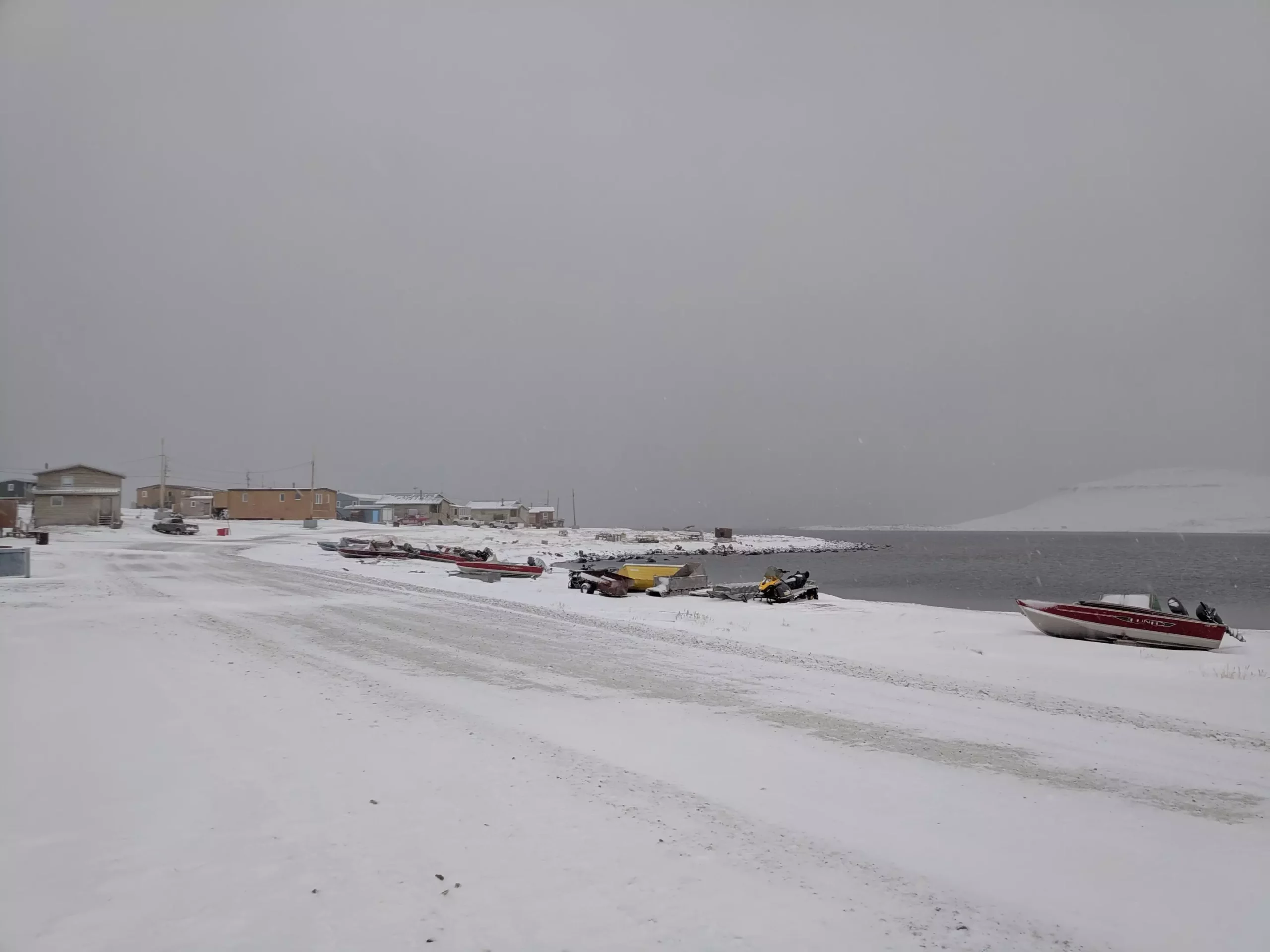The emerging discourse on climate policies often overlooks a crucial element: the local food systems predominantly operated by Indigenous communities. Recent research conducted in the Inuvialuit Settlement Region of Canada’s Arctic showcases that prioritizing local food production over imported substitutes is not merely a sustainable practice; it is a pragmatic one. The findings encapsulated in the study underscore how dependence on local harvesting can lead to staggering financial savings—over 3.1 million Canadian dollars annually—while simultaneously slashing carbon emissions by nearly half. This dual advantage reveals that local food systems can operate as both economic lifelines and environmental shields for remote communities.
The statistical groundwork laid by research organizations like the Max Planck Institute for Evolutionary Anthropology emphasizes a startling yet profound truth: climate policies crafted without consideration for local ecosystems and food systems might do more harm than good. By sidelining local economies, particularly those that thrive on hunting, gathering, and fishing, policymakers risk creating an imbalanced framework that could heighten emissions and compromise the food security of Indigenous populations.
The Invisible Economy: A Call for Recognition
It becomes imperative to recognize that many local economies, especially informal ones, go unnoticed in national statistics. Indigenous communities often run mixed economies that seamlessly blend traditional practices with contemporary economic activities. However, such informal economies are seldom represented in economic policies or climate discussions. This neglect not only skews our understanding of economic vitality but also neglects the sustainable practices these communities have honed over generations.
For instance, in the North American Arctic, local harvesting methods are incredibly efficient. They produce food with a significantly lower carbon footprint compared to industrial alternatives. Researchers from the Max Planck Institute collaborated with the Inuvialuit Regional Corporation to quantify this impact through a meticulous study. They calculated how much energy is expended in local harvesting versus the amount of energy involved in importing meat and fish from afar. The results are nothing short of alarming and should serve as a clarion call for immediate action.
Carbon Taxation and Its Complexity in Arctic Food Systems
One of the critical lenses through which this study is examined is the introduction of carbon taxation policies in Canada. While this taxation seeks to encourage sustainable practices, it might inadvertently complicate food security in remote areas. The cost of fuel for local harvesting activities does indeed escalate under such policies, further impacting the economically precarious position of Indigenous harvesters.
Nevertheless, the evidence suggests that even when fossil fuels are necessary for local food production, the overall emissions and costs incurred are drastically lower than those associated with imported foods. The complex matrix of energy consumption, emissions, and financial implications derived from local food harvesting paints a vivid picture: supporting local food systems yields a tangible win for both the economy and the environment.
Local Food as a Buffer Against Climate Vulnerability
Indigenous communities are frequently the first to experience the harsh realities of climate change. Given their unique economic and cultural ties to the land, a disruption in local food systems can have devastating consequences. The findings from this research demonstrate that local food production provides a buffer against such vulnerabilities. It routes the supply chain away from unpredictable external influences, enabling communities to build resilience.
The research shows they can rely on well-established and traditional practices rooted in local sustainability, a practice that nourishes both body and identity. The emotional and cultural significance of local food cannot be understated; it forms the backbone of community cohesion and identity. Therefore, supporting local food harvesting is not just an environmental or economic imperative; it is a restoration of cultural integrity.
Crafting Locally-Adapted Climate Policies
The time has come for policymakers to reconsider their frameworks and prioritize the significance of local systems in climate change agendas. What the study elucidates is resoundingly clear: generic climate measures are inadequate. Instead, climate action must be tailored to accommodate local realities, ensuring that Indigenous ecosystems and economies are not sacrificed in the quest for broader emissions targets.
The implications extend beyond just specific regions; they set a precedent for the global community. Local food systems, when duly recognized and supported, can serve as a blueprint for sustainable practices worldwide. By listening to Indigenous voices and honoring their contributions, we can foster climate policies that resonate with authenticity and accountability. The knowledge embedded in local food systems represents a rich reservoir of insight into how humanity can coexist sustainably with nature.

